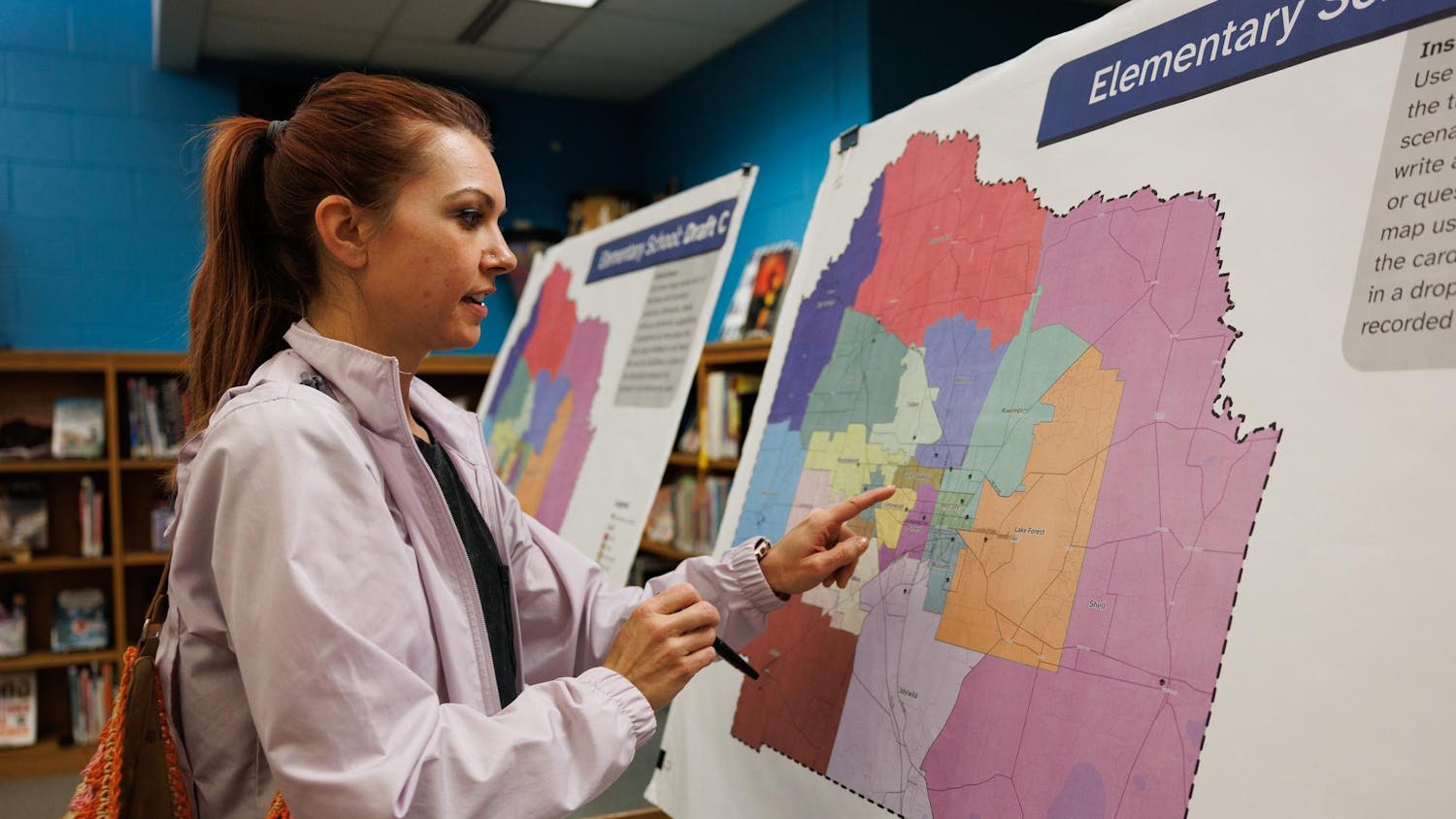Last week marked the dawn of a new era for Florida's higher education system. Whether it represents a breakthrough or another example of political expedience, grandstanding and shortsightedness remains an open question.
On Thursday, Gov. Charlie Crist signed into law a bill that fundamentally alters the dynamics of the state's college and university system by expanding the role community colleges play in the production of four-year bachelor's degrees. According to a 2007 study, Florida ranks 43rd in the nation in bachelor's degree production.
The new law establishes the "Florida College System" in an effort to provide more affordable degree options for students and alleviate the funding malaise currently afflicting the state's public universities. The new system seeks to accomplish this by allowing more community colleges to offer more four-year degrees in specific, high-demand programs at a lower cost to not only the student, but also the state.
Florida is one of several states that have recently authorized community colleges to provide bachelor's degrees - in 2004, St. Petersburg College was the first community college in the state to award four-year degrees. The Florida College System seeks to increase the number of community colleges that offer undergraduate degrees.
This new legislation's most significant change manifests itself in the transition of nine community colleges into state colleges as part of a pilot program. Included among these nine schools is Gainesville's own SFCC, which will change its name to simply Santa Fe College. Although more of a symbolic, semantic change than a full-scale transformation (the colleges will still be required to provide remedial courses and open-access admissions), the name changes are indicative of the drive to restructure Florida's higher education system in a way that is cost-effective to both students and the state.
We understand Florida's booming population growth and stagnating economy make such cost-effective restructuring appealing, but that does not mean it is sound. Finding the balance between providing affordability and ensuring educational quality is no easy task, and there is no doubt that Florida's higher education system is in trouble, if not in crisis. Still, we are not convinced this new course offers the best solution.
Florida's community colleges are an integral part of the state's higher education system, and they should be respected as such. Every year, UF and the 10 other Florida public universities open their doors to thousands of community college transfer students from across the state. These students are a valued addition to The Gator Nation. But let's get real: The difference between UF and any given state community college in terms of educational quality and academic rigor is beyond comparison. If it ever becomes a lateral move to go from community college to UF, any uncertainty about whether the state's higher education system is in crisis will vanish.
While we have no qualms about permitting community colleges to offer a few four-year degrees on a limited basis, the sweeping changes the new Florida College System seeks to enact place the emphasis for reform in the wrong area.
The answer to the state's educational funding crunch is not converting quality community colleges into mediocre four-year state colleges. Overhauling Bright Futures, instituting reasonable tuition increases and yes, raising taxes - or at least resisting the insatiable urge to cut taxes any further - is where our lawmakers should start.





